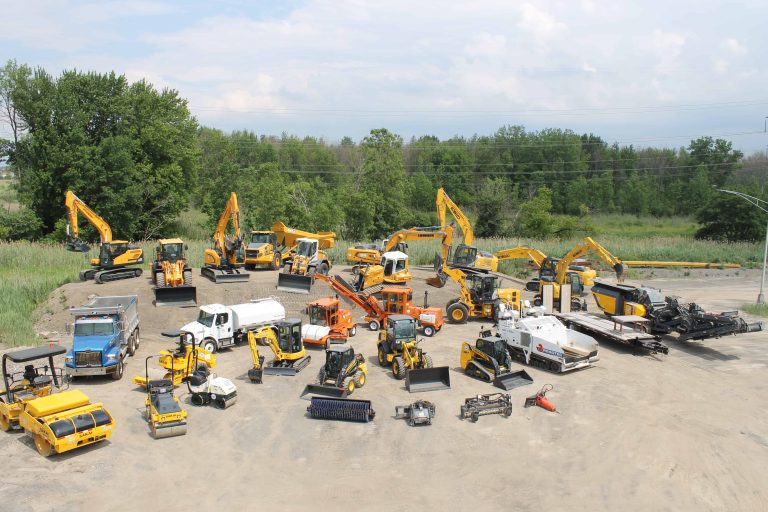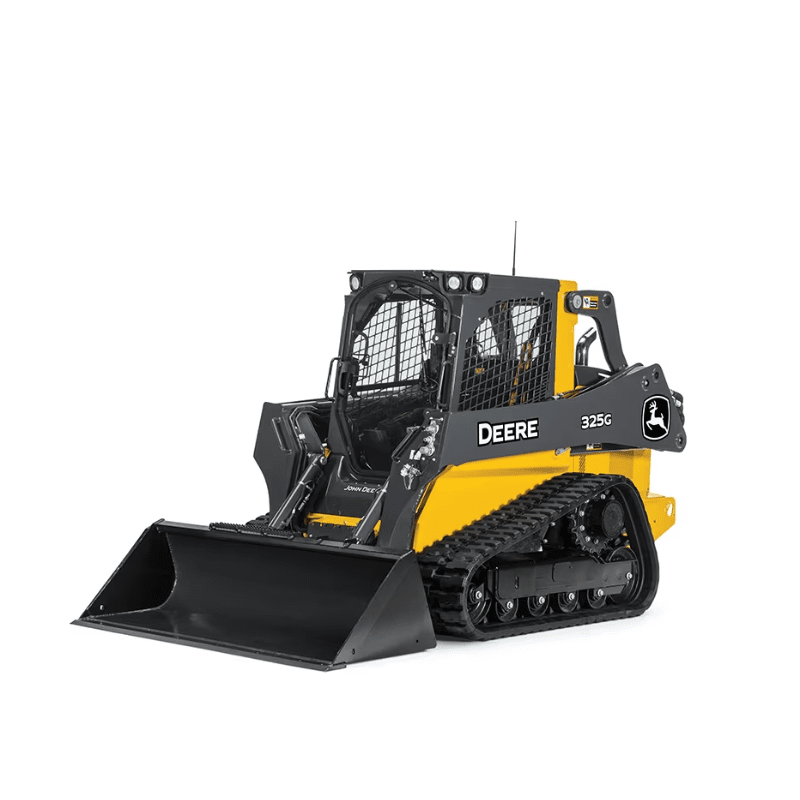Mini Excavator Rental: Compact Machines for Strict Spaces
Wiki Article
Optimize Your Budget by Recognizing the Prices Related To Building Equipment Rentals
Comprehending the complete extent of expenses related to construction devices leasings is essential for optimizing your spending plan. While the preliminary rental fee may seem simple, many added expenses-- such as transport, gas additional charges, and upkeep-- can rapidly accumulate, impacting your monetary planning. Being mindful of various costs and the complexities of rental arrangements can help prevent unexpected economic concerns. What strategies can be utilized to properly handle these costs and make certain a much more efficient rental experience?Overview of Rental Prices
When thinking about building equipment services, comprehending the associated prices is extremely important for efficient budgeting and project preparation. Rental costs can differ significantly based upon a number of factors, consisting of equipment type, period of leasing, and place. The initial rental charge frequently mirrors the devices's market need and its connected operational capacities, affecting the overall cost.In addition to the base rental rate, secondary costs might emerge, such as transport charges, gas surcharges, and maintenance costs. It is vital to make up these added expenditures to accurately analyze the total price of renting devices. In addition, the rental period can affect pricing; longer services may qualify for reduced prices, while temporary rentals could incur higher everyday fees.

Breakdown of Rental Prices
A comprehensive understanding of rental prices is essential for specialists and task managers intending to enhance their budget plans. Rental rates for building tools typically contain numerous elements, including base rates, time-based fees, and use fees.Base rates are the core costs connected with the leasing of the equipment, usually figured out by the type and size of the equipment. These prices can differ significantly, affected by aspects such as devices need, accessibility, and regional market fads. Time-based charges, which may be daily, weekly, or monthly, serve to fit different job timelines and rental periods.
Furthermore, rental rates may consist of usage fees, which are applicable when tools is used beyond a specified limit, making sure that the rental company can make up deterioration. Seasonal need variations can also influence rental rates, with peak building and construction seasons typically commanding higher costs.
Moreover, recognizing the rental company's plans regarding upkeep and insurance coverage can offer more insight right into the overall cost framework. By assessing these components, service providers can make educated choices, ensuring the option of rental equipment lines up with both task requirements and spending plan constraints.
Extra Charges to Take Into Consideration
Understanding the complexities of extra charges is essential for specialists to handle their total service expenditures effectively. Beyond the basic rental rates, different extra costs can dramatically impact the total cost of equipment rental. These fees frequently include shipment and pickup charges, which can vary based on range and logistics associated with carrying the equipment to and from the work site.Moreover, some rental companies might enforce gas additional charges if the devices is returned with less fuel than when rented out. It is additionally important to be conscious of possible cleansing costs, specifically for specialized tools that calls for detailed upkeep after use.

Extensively evaluating the rental agreement and clearing up these additional charges upfront can aid service providers avoid unanticipated expenses and guarantee that budget plans remain undamaged throughout the project lifecycle.
Upkeep and Repair Work Expenditures
Routine repair and maintenance costs are commonly forgotten elements that can considerably affect the general price of building equipment leasings. When renting out devices, it is critical to take into consideration not only the rental costs but likewise the potential costs connected with keeping the equipment in optimal operating problem.Several rental firms include basic maintenance as part of the rental arrangement; however, a lot more unanticipated break downs or substantial repairs can result in extra expenditures. It's important to evaluate the rental agreement meticulously to understand what maintenance services are covered and what obligations drop on the renter.
Additionally, devices that is not well-kept can bring about inadequacies on the job site, possibly creating hold-ups and raising task expenses. To mitigate these risks, it is recommended to carry out regular evaluations and keep open communication with the rental service provider concerning any type of issues that occur during use.
Insurance Coverage and Obligation Costs
Insurance and liability prices are critical components that can considerably impact the total expenditure of building and construction devices rentals (heavy equipment rental). These costs make certain that both the rental firm and the client are protected from possible monetary losses arising from crashes, damages, or theft during the rental period
Additionally, clients ought to recognize any kind of deductibles or exclusions in the insurance coverage policy, as these can impact potential out-of-pocket expenditures. Comprehending the terms of any type of insurance policy protection is vital to stay clear of unforeseen costs. Inevitably, budgeting for insurance and liability costs can aid make certain a smoother rental experience and safeguard against economic dangers related to building jobs.
Verdict
In verdict, an extensive understanding of the expenses connected with construction devices leasings is vital for reliable budget management. Inevitably, educated decision-making relating to equipment leasings contributes to the total success of building and construction endeavors.her explanation Rental expenses can differ considerably based on numerous factors, including tools type, duration of service, and location (mini excavator rental). The rental duration can affect pricing; longer leasings may qualify for reduced prices, while temporary rentals may sustain higher daily fees
By conducting comprehensive research and involving with credible rental firms, contractors can effectively browse the intricacies of rental pricing, eventually optimizing their monetary sources.
Past the standard rental rates, numerous supplementary fees can considerably influence the complete price of equipment rental. Rental business typically supply obligation insurance policy that covers injuries to third parties or damage to residential or commercial property, while equipment damage insurance can cover the cost of fixings or replacement if the rented equipment is damaged.
Report this wiki page